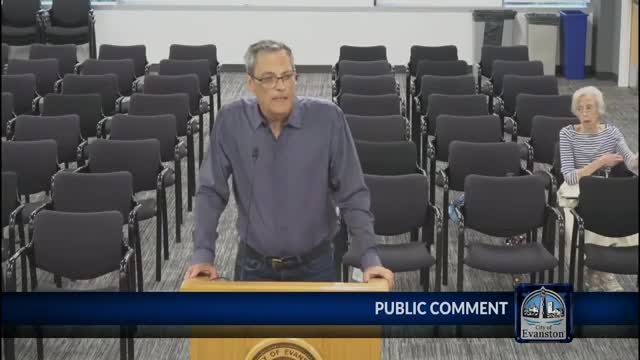Rules Committee aligns mayoral voting language with state law; debate over acting‑mayor selection tabled
Get AI-powered insights, summaries, and transcripts
Subscribe
Summary
The committee revised draft rules about when the mayor may vote and debated whether selecting an acting mayor should require a two‑thirds vote; the acting‑mayor question was tabled for further legal review.
The Rules Committee voted to align the draft council rules with Illinois law on when a mayor may vote and set aside further action on whether selecting an acting mayor should require a supermajority.
Staff presented language mirroring state law clarifying three circumstances when a mayor may cast a vote: (1) to break a tie; (2) if exactly one‑half of the members then holding office voted in favor (an instance that arises when there's a vacancy); and (3) when a vote greater than a simple majority is required. After discussion, the committee approved an amendment inserting the word "exactly" into the phrase about "one half of the members then holding office" to reduce ambiguity; that amendment was adopted unanimously.
Public commenters during the meeting urged limits on mayoral powers and on using mayoral office to resolve close council votes. Jeff Berini told the committee, "I support that, position." Steve Slager, who identified himself as a member of the public, urged the Rules Committee to remove the mayor’s tie‑breaking vote and said: "The power to hold a tie breaking vote on the city council and to hold a veto right puts too much power in the hand of a single office." Those comments were part of several public remarks urging review of the mayor’s voting authority and of how an acting mayor would be chosen if the mayor’s seat is vacated.
Committee members then debated a proposal to require a two‑thirds supermajority to elect an acting mayor. Staff and the city manager said state law does not prohibit a local council from requiring a supermajority, but that doing so would make Evanston an outlier among Illinois municipalities and could complicate continuity of government. After extensive debate the committee voted 9‑1 to table the acting‑mayor selection question and request further legal review and staff recommendations before a final Rules Committee vote.
Ending: The committee returned minor wording changes to conform with state law and directed staff and the corporation counsel to provide additional legal analysis and draft options on acting‑mayor selection for the next Rules Committee meeting.
